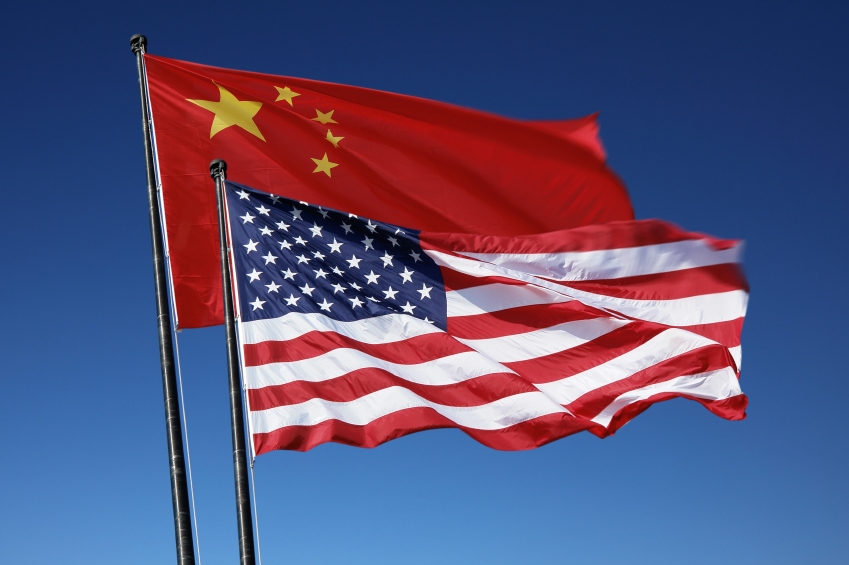Politicians and the markets have doubts that US President Donald Trump’s ‘amazing’ deal with China will last.
Trump has hailed the deal as great for America, but the Chinese have been less vocal about the terms.
China has agreed to buy up to $200 billion in additional goods and services from the US over the next two years on top of the amount purchased in 2017.
The agreement also demands China carries out “structural reforms and other changes to its economic and trade regime in the areas of intellectual property, technology transfer, agriculture, financial services, and currency and foreign exchange.”
Exactly what these reforms will be seems undefined.
Fifth time agreement announced
Meanwhile, the US will reduce tariffs worth hundreds of billions of dollars on Chinese goods.
Chinese negotiators confirm agreement has been reached – but point out this is the fifth time an end to talks has been announced.
They also disclosed the deal has yet to be checked by lawyers and translated into Chinese, suggesting some clarification may still be needed.
The bottom line seems to be neither side wants to give any ground and the deal is not only a head-to-head about trade, but China’s creeping military influence in the South China Sea and technology company Huawei’s infiltration of Western technology.
Sensing discord rather than agreement, the markets have failed to rise on news of a deal for phase one of the talks.
Truce not agreement
Mohamed El-Erian, chief economic adviser to the insurance giant Allianz, said the “mini deal” was expected by markets and should be seen more as a “temporary and reversible truce” as opposed to a comprehensive resolution.
“It’s no longer just about economic issues. It speaks to a bigger question as to what follows this period where the pause button has been pressed on the multi-decade process of economic and financial globalisation. Will the play button be pressed again, as markets currently expect or, instead, rewind, marking a period of secular deglobalisation?”
The argument is coming down to a clash of economic models. China’s state-run economy is closed to outsiders, while the US wants access to the massive consumer market. The sadness is, neither side is likely to win however stubborn they are in trade talks.
